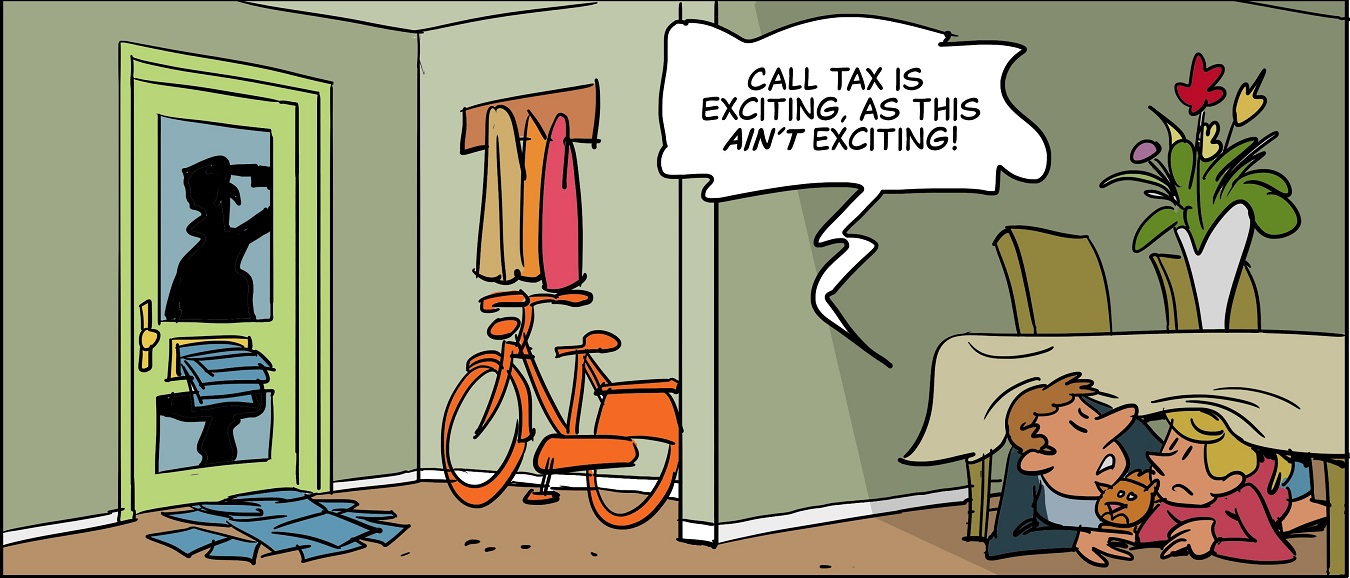Within Europe nations do their best to attract skilled workers from abroad and in order to have them chose for the Netherlands instead of the United Kingdom for instance, fiscal incentives are offered. That is the reason for the 30 percent ruling.
Among the offers is a EUR 7.700 tax free relocation reimbursement that can even be increased with the actual costs of moving the furniture. A knowledge migrant procedure exists that is rather accessible and doable for foreigners. The Government tries to respond pro active in the English language will explanations about the Dutch fiscal system and how nice it is to live in the Netherlands.
All of the above is peanuts compared with the one magnet on offer:
The 30 percent ruling
What is the 30 percent ruling?
30% of your income is tax free
The 30% ruling is a fiscal incentive where 30% of your gross taxable employment income is not taxed. It is simply added to your net salary.
Example:
You earn a EUR 100.000 gross income, then EUR 70.000 is taxed and EUR 30.000 is tax free. Not only you have a substantial part of your income tax exempt, you should also realize that the 52% tax starts at EUR 66.421. This implies only a small portion of your EUR 100.000 income is actually taxed at 52%.
Deemed non resident tax status
Not only you have an actual tax advantage, the best one on offer in the Netherlands, the ruling is valid for an eight year period. In this eight year period you can also chose to be regarded a deemed non resident tax payer. That implies, although you are for tax treaty purposes a Dutch tax resident, we do as if you are a non resident tax payer. A deemed non resident tax payer.
The consequence is that you do not need to report any of your world wide wealth in the Netherlands. Hence no 1.2% tax over this wealth. This also applies to the assets of your tax partner. Your tax partner is the person with whom you are married, registered partner, own the house together that is your main residence in the Netherlands or have children together. The exception to this rule is property situated in the Netherlands and income from a Dutch company in which you have more than 5% of the shares.
The exception to the deemed non resident tax status is a US national or a US greencard holder. Due to the US tax regime based on nationality, you will be regarded a genuine US tax resident if you chose to be a deemed non resident tax payer in the Netherlands. The downside is that your tax free 30% ruling income is taxed in the USA, but much lower than Dutch tax rates.
The upside is that you can claim the days worked abroad in the Netherlands. That implies if you worked a number of days abroad during a calendar year, pro rata that that number of days is deleted from your Dutch tax base.
Swapping drivers license
Dutch traffic can be busy, especially with the tram in between and the Dutch driving test are known as horrible difficult. Nevertheless, if you are from outside the EU you can only drive max 6 months with your non EU drivers license in the Netherlands (Europe), and then you need to do the test to get the Dutch drivers license.
This is a very much undesired situation as the test is so difficult. Difficult is the theoretical part. To avoid the driving aspect influencing the successful expats in their choice of destination in Europe, part of the 30% ruling is that you can swap your non EU drivers license into a Dutch drivers license by simply showing up at city hall and swap the licenses. This also applies to your tax partner.
International school
Expats find it important to send their children to an international school. An international school is expensive, hence the expat expects the employer to pay for these costs.
If an employer pays for private costs of the employee, this is regarded net salary. Net salary needs to be grossed up plus social premiums and is part of your employment income. It is possible your agreed salary is not enough to cover the gross costs of the international school.
To avoid the expat not choosing for the Netherlands for the above reason, the employer can pay for the international school without this reimbursement being allocated as taxable salary. This is only possible if the 30% ruling was granted.
The condition is that the employer has an agreement with the International school, that payments are made directly from the employer to the school and that the school is indeed known as international school.
Sounds like a wonderful ruling.

How to qualify for the 30 percent ruling?
In order to be able to qualify for the 30% ruling you, the employee, need to:
- Have been attracted from abroad. You cannot first come to the Netherlands and find a job, than you are a local recruitment and that is a denial. This also explains why partners of a 30% ruling holder never get the ruling. They came because of their partner, not because of a job opportunity for themselves.
- You cannot have lived closer than 150km to the Dutch border in the 24 months before your arrival. This is not regarded a discrimination aspect, because the EU court has ruled that any national in this circle cannot apply. So not only the Belgium citizens, but also non Belgium citizens that happen to have lived in this period in Belgium cannot apply.
- There is a minimum income requirement of EUR 36.889. That implies the after 30% fiscal salary cannot be lower than EUR 36.889. The before fiscal salary, so the salary offered to you is then EUR 52.698.
However, if you are younger than 30 years old and you hold a master degree, the minimum income requirement is EUR 28.041 fiscal salary or EUR 40.058 gross offered salary.
If you are a university employee, no minimum income requirement is applicable.
- You cannot have lived in the Netherlands during a period ending in the 25 years before your arrival. If you did, that period will be deducted from the total eight year period of the ruling. For instance, you were born and raised in the Netherlands, left when you were 18 years old and now you are 41 years old and you would like to work in the Netherlands and benefit from the 30% ruling. 41 years minus 25 years is 16 years old. You would think your eight year period will be reduced with only 2 years (16 years old to 18 years old). That is not the case. It is the period ending within the 25 year period before your arrive. As this person was born and raised in the Netherlands, it is an 18 year period that needs to be reduced from the max 8 year period of the 30% ruling. In other words, no 30% ruling.
So you can see that the rules are set to attract a knowledge worker from abroad and at the same time avoid that a Dutch person can benefit from this ruling.
Changing jobs and the 30 percent ruling?
If you do meet the requirements at the first moment of arrival in the Netherlands, then you can change jobs in the 8 year period and keep using the 30% ruling. However, if you were unemployed for a longer period than three months between jobs, you lose the right for the ruling for ever.
With the new employer a new 30% ruling application needs to be made
Your first employer never applied for the 30 percent ruling – problem?
If your first employer never applied for the ruling, at the new job you learn for the first time about this ruling, can you get the 30% ruling? Yes you can, as long as you meet the requirements on the first moment you arrived into the Netherlands.
You start your own BV company, can you apply or continue the 30 percent ruling?
Being the shareholder / managing director of your BV company implies you are an employee of that company. If you are an employee of this company you can check if you qualify for the rules set for the 30% ruling. If you do, then you can apply and fully use the benefits of this ruling in your own company.
Orange Tax Services and the 30 percent ruling
For a long time Orange Tax Services has been active in the field of the 30% ruling so we have gained a substantial amount of experience in this field. Not only can we apply on your behalf, we can also investigate if you can qualify. Should you have issues with a 30% ruling application, we can make investigations and even challenge the position taken by the Dutch tax office in their denial granting you the ruling.
In our advise for you setting up a company we take the possibilities of the 30% ruling in to account. Even if you are not the owner of a company or if your company has no presence in the Netherlands, we will be able to assist you in the application of the 30% ruling.
Our fee for the application is EUR 500 no cure no pay. That implies if we obtain the ruling you pay EUR 500, if not, you pay nothing. Investigating an issue, solving a problem, is charged at between EUR 120 and EUR 160 per hour excluding VAT.





